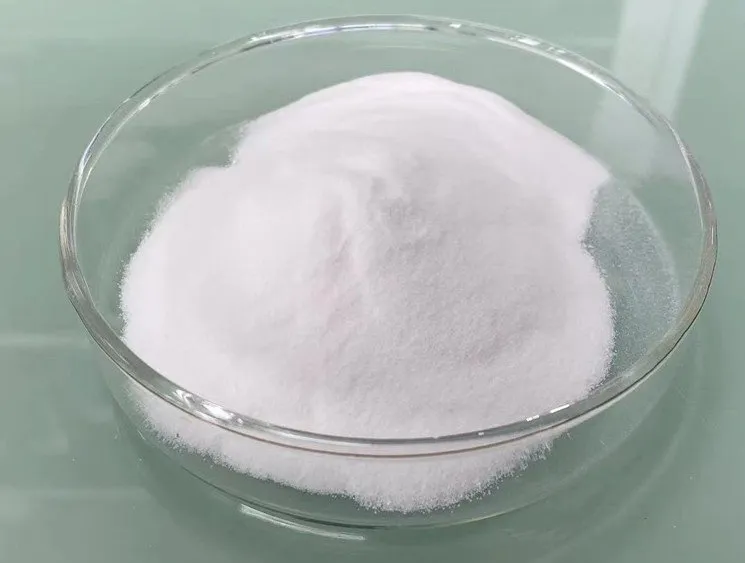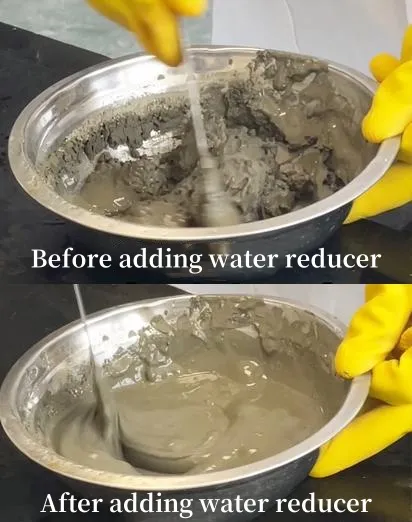
The Role of CP1000 and Polycarboxylate Ether in Modern Water Reducing Admixtures
In the field of advanced concrete technology, the use of water reducing admixture products has become essential for producing durable, high-strength, and workable concrete mixtures. Among the leading solutions available today is the wholesale powder water reducing admixture CP1000, a polycarboxylate ether-based additive known for its efficiency and performance. As the demand for low water-to-cement ratios and environmental sustainability increases, polycarboxylates in concrete are playing a pivotal role in transforming construction standards.

This article explores what water reducing admixtures are, how CP1000 works as a concrete water reducer, and the broader application of polycarboxylate concrete admixtures in high-performance building materials.
Understanding Water Reducing Admixtures and CP1000
What Are Water Reducing Admixtures?
Before diving into CP1000, let’s first answer a key question: What are water reducing admixtures? These are chemical additives used in concrete mixtures to reduce the amount of water needed for a given workability. This helps to improve the strength, durability, and cohesiveness of the concrete without compromising fluidity.
Water reducers are critical in:
Improving compressive and flexural strength
Enhancing surface finish
Reducing permeability and shrinkage
Increasing freeze-thaw resistance
These admixtures come in several forms and grades—ranging from conventional lignosulfonate-based materials to more advanced high-range polycarboxylate water reducer solutions.

Wholesale Powder Water Reducing Admixture CP1000
One of the most efficient admixtures available today is wholesale powder water reducing admixture CP1000. This product is based on polycarboxylate ether (PCE) technology and is engineered for high water reduction and excellent slump retention. It is a dry powder, making it ideal for long-term storage and transport.
Key benefits of CP1000 include:
High water-reducing ability (up to 30%)
Compatible with different cement types
Long slump retention ideal for long-distance transportation
Environmentally friendly with low VOC content
CP1000 is commonly used in high range water reducer concrete formulations and is suitable for precast, ready-mix, and self-compacting concrete applications. Its efficiency also translates to reduced cement consumption, aligning with green building initiatives.
Polycarboxylate-Based Admixtures: Superiority in Modern Concrete
How Polycarboxylates in Concrete Work
Polycarboxylate ether (PCE) is a new-generation high-performance water reducer, widely regarded for its molecular-level control of cement dispersion. Polycarboxylates in concrete form an electrostatic and steric hindrance between cement particles, improving fluidity while maintaining low water content.
Compared to traditional admixtures, PCE-based admixtures offer:
Higher water reduction rates
Longer slump retention without retardation
Better compatibility with supplementary cementitious materials
Greater control over setting time and strength development
In powder form like CP1000, PCE can be easily incorporated into dry-mix mortar, grout, and concrete formulations, providing excellent processability and consistent quality.
Water Reducing and Retarding Admixture Properties
In some applications, a water reducing and retarding admixture is required. These products slow down the setting time of concrete while still reducing the water content. This is especially useful in hot climates or for mass pours, where extended workability is essential.
CP1000, though primarily a high-range water reducer, can be modified to act as a dual-function additive—both reducing water and controlling initial setting time.
PCE Plasticizer vs. Traditional Water Reducers
A PCE plasticizer is part of the superplasticizer family, offering superior performance over older types like sulfonated naphthalene or lignosulfonates. As a high range water reducer, it allows for water reduction of up to 30%, while traditional products typically max out at 15%.
The ability of PCE plasticizers to retain slump and enhance strength development makes them indispensable in modern concrete applications. Whether in liquid or powder form, their versatility supports a wide range of performance goals.
Why CP1000 and Polycarboxylate Admixtures Are the Future
With growing demands for stronger, more durable, and sustainable concrete, polycarboxylate concrete admixture products like CP1000 are setting new industry standards. These high-efficiency water reducer admixture in concrete solutions help optimize cement use, lower emissions, and enhance structural performance across a wide range of construction projects.
As global infrastructure continues to evolve, professionals must shift toward intelligent materials like polycarboxylate ether to meet stringent performance and environmental standards. Whether you’re dealing with high range water reducer concrete, precast elements, or self-compacting mixes, choosing a proven product like CP1000 can elevate the quality and sustainability of your concrete.
FAQ Section with Keyword Titles
1. What Are Water Reducing Admixtures and Why Are They Important?
Water reducing admixtures are additives that lower the water requirement in concrete mixtures while maintaining workability. This leads to improved strength, durability, and resistance to cracking. Products like polycarboxylate water reducer CP1000 provide high performance in modern construction applications.
2. What Is CP1000 and How Is It Used in Concrete?
Wholesale powder water reducing admixture CP1000 is a high-efficiency polycarboxylate ether-based admixture. It is used in dry-mix mortars and high-performance concrete to improve flowability, reduce water content, and enhance strength. Its powder form makes it ideal for bulk storage and transportation.
3. How Do Polycarboxylates in Concrete Improve Performance?
Polycarboxylates in concrete improve workability, strength, and durability by dispersing cement particles more effectively than traditional admixtures. They also retain slump for longer periods and allow greater water reduction, especially in high range water reducer concrete.
4. What Is the Price of Polycarboxylate Ether Superplasticizer?
The polycarboxylate ether superplasticizer price can vary between $1,000 and $2,000 per ton, depending on the purity, performance attributes, and whether it is in liquid or powder form. Despite a higher initial cost, PCE products like CP1000 offer long-term savings and enhanced quality.
5. What Is the Difference Between a Water Reducer and a Water Reducing and Retarding Admixture?
A water reducer admixture primarily reduces water content, while a water reducing and retarding admixture also delays the setting time of concrete. The latter is beneficial in hot weather or large-volume pours where extended workability is required.
-
Exploring the Versatility of Polyvinyl Alcohol (PVA)NewsAug.13,2025
-
Understanding Water Reducing Admixtures: PCE, HRWR, and Concrete Performance EnhancementNewsAug.13,2025
-
Understanding PVA and Polyvinyl Alcohol: Versatile Tools in the Construction IndustryNewsAug.13,2025
-
The Versatile Power of Polyvinyl Alcohol: From Bulk PVA Bags to Plaster BondingNewsAug.13,2025
-
Redispersible Latex Powder: The Backbone of Modern Dry-Mix Mortar FormulationsNewsAug.13,2025





















